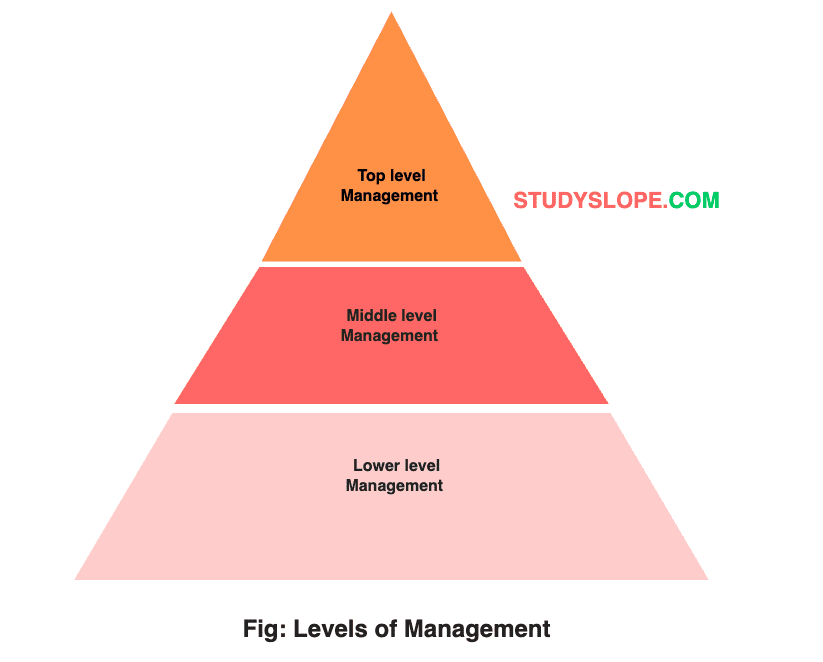Qualitative sociology can be defined as:
Qualitative sociology can be defined as: A. In-depth interviews, focus groups, and/or analysis of content sources as the source of its data. B. Virtual interactivity, online polls, and online gaming. C. Door to door sales pitches, cold calls, and press conferences. D. Statistical methods such as surveys with large numbers of participants. The correct answer … Read more











